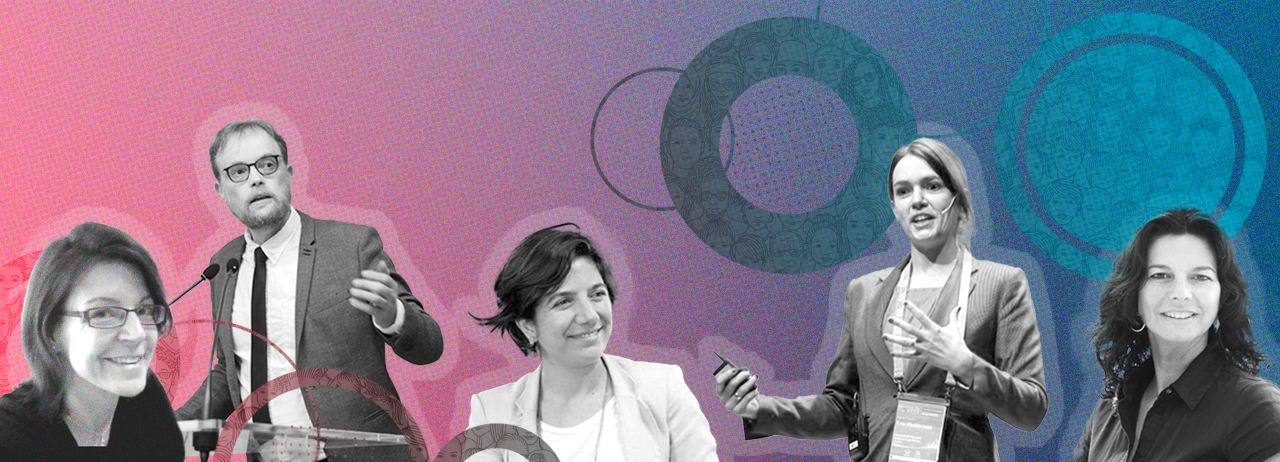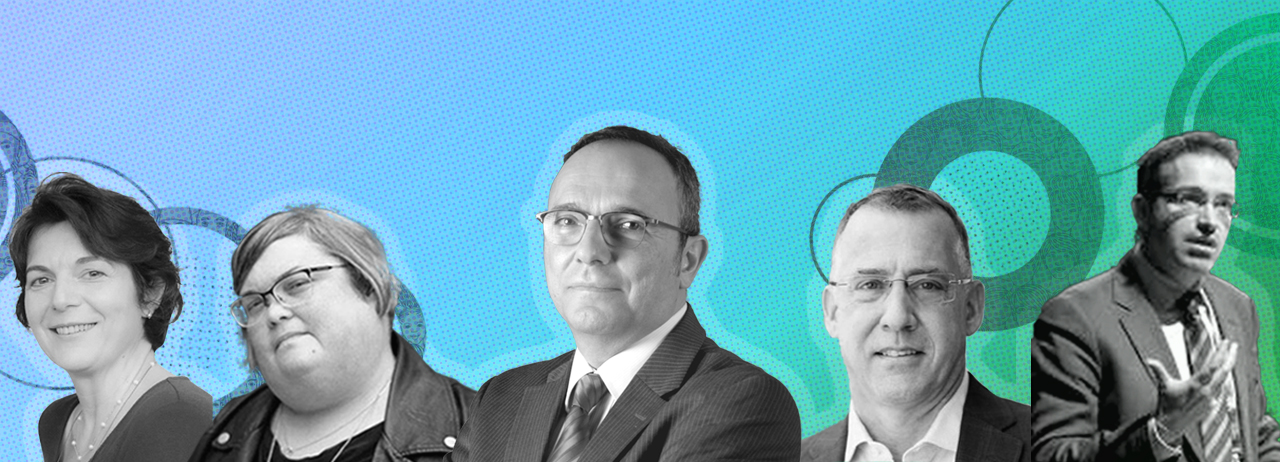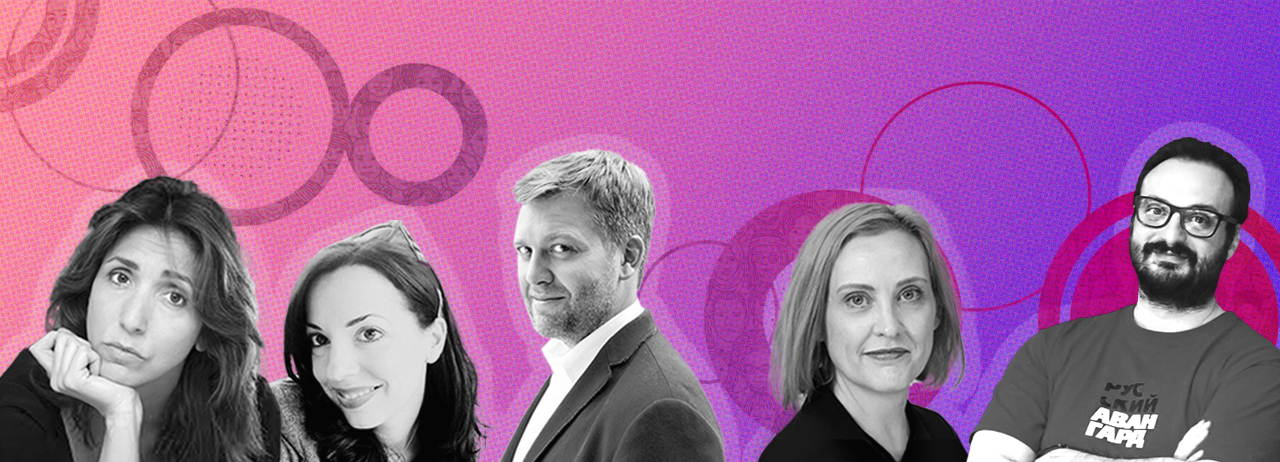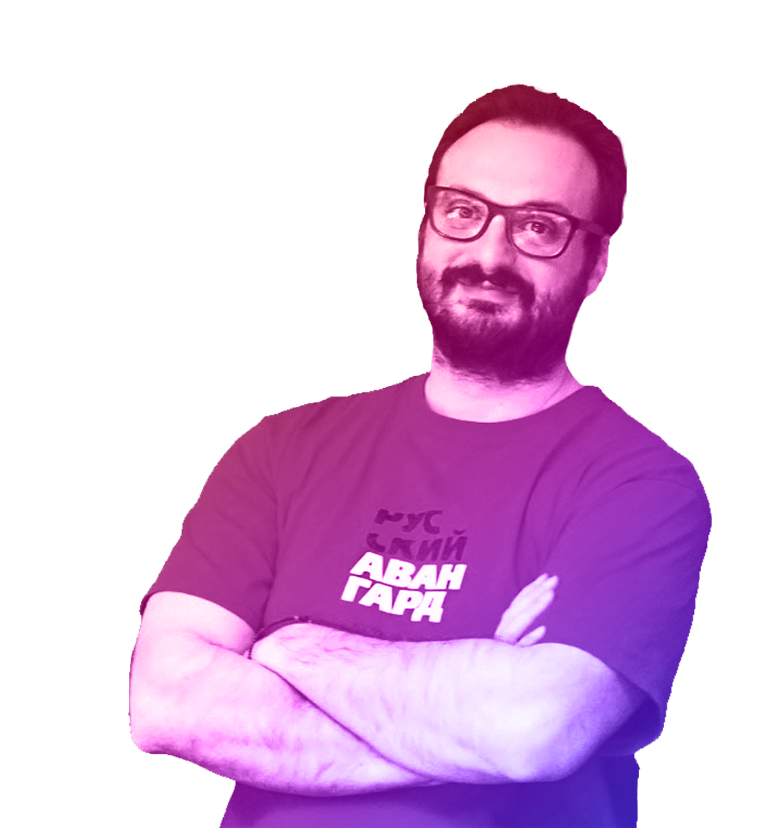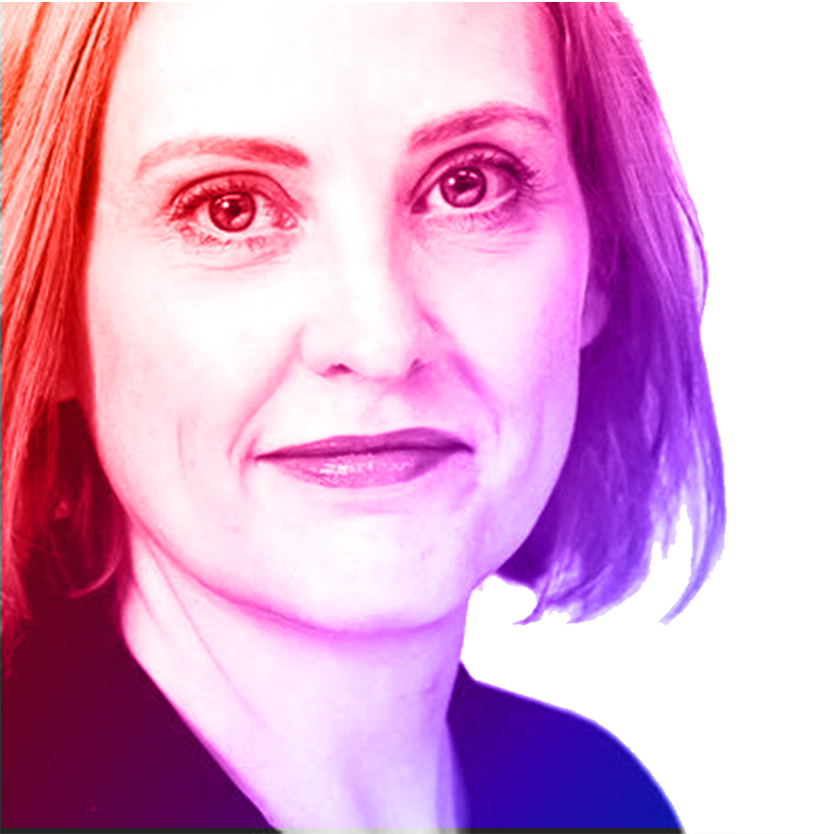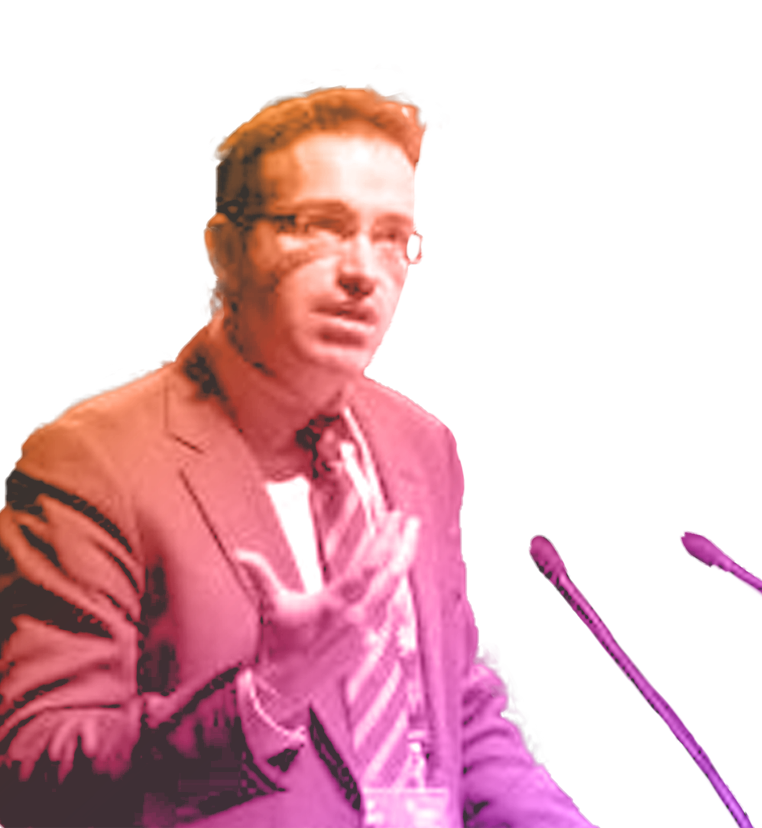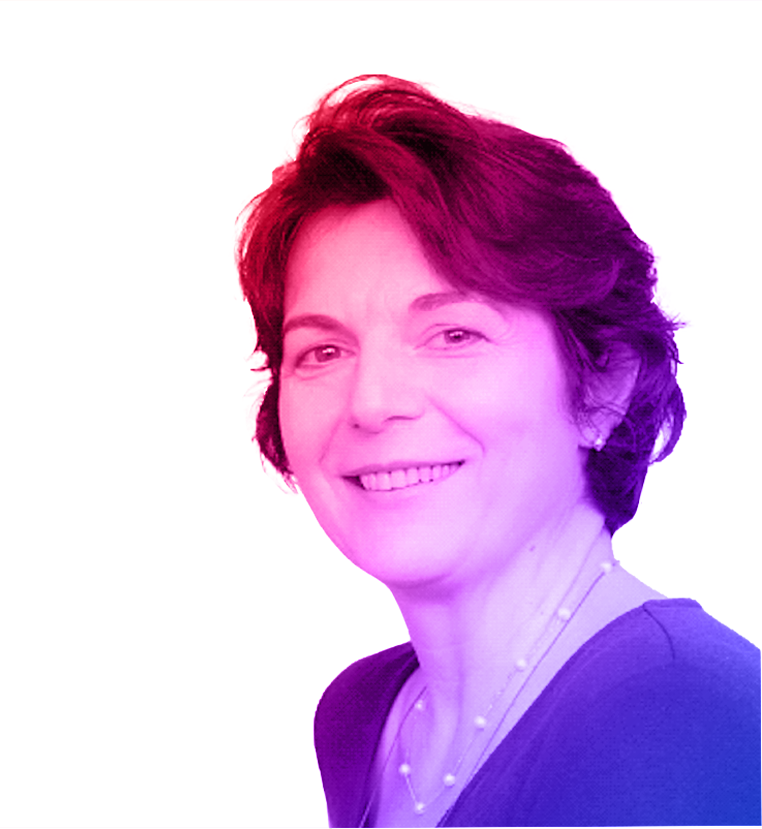An open science future:
leading the way
Monday, Sept 20, 15.00 - 16.00 CEST
A round-table discussion
This panel seeks to bring together policy makers at various levels of decision making (institutional, funder, regional, national) to discuss in practical terms the challenges and opportunities of open science adoption and implementation they encounter, as well as the ones posed towards international cooperation specifically in line with Unesco’s recommendations for the global community.
The panelists will touch upon issues on the mobilization of open science funds for scientific publications, the infrastructure for FAIR, the inclusion of relevant actors, the upskilling of our researchers and supporting staff, as well as local and global equity and inclusion.
Learning from the expertise of organizations who have already or are now tackling the challenges, we expect to derive practical and pragmatic recommendations for the way forward.
- What are the challenges involved in adopting open science policies at local level?
- How can we expand and align policies at the international level?
- What would be the challenges and opportunities?
- How can we ensure that policies in the global north do not have unintended harm of research in the global south?
Moderator: Heather Joseph, Sparc
Panelists
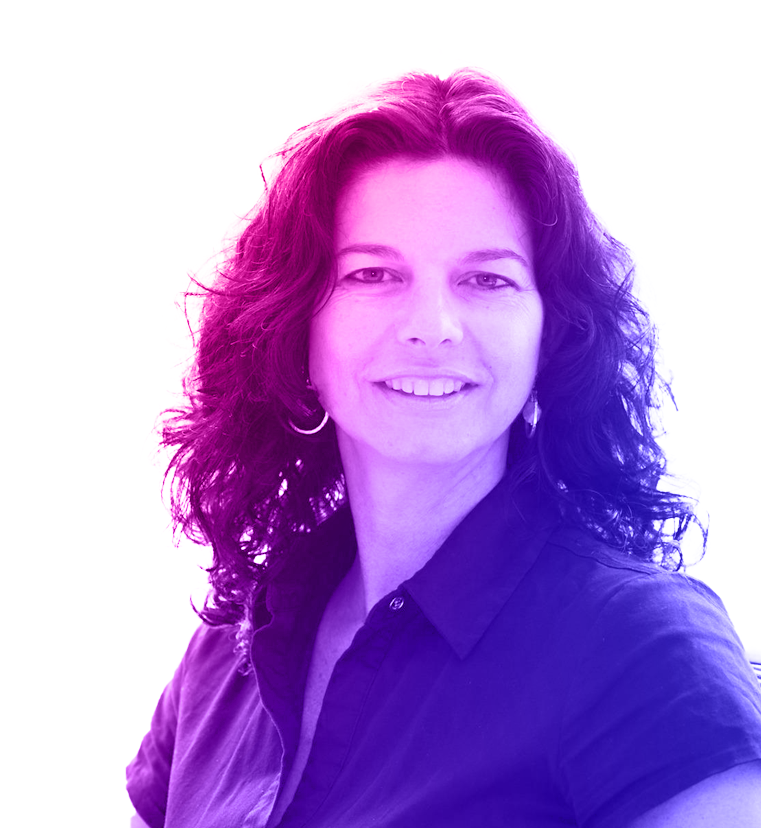
Mercè Crosas
Secretary of Open Government at the Generalitat de Catalunya
Mercè Crosas is a Catalan researcher specialized in open data.
A graduate in Physics from the University of Barcelona and a Ph.D. in Astrophysics from Rice University (Houston, Texas), Crosas spent six years at Harvard-Smithsonian Center for Astrophysics as a pre/postdoc fellow. At Harvard University, she co-directed the Dataverse project, open-source software for publishing, conserving, citing, exploring, and analyzing research data, from 2006 to 2021. She is a co-author of FAIR data principles, and has contributed to the recommendations of the OECD for access to public data.
Crosas has worked with biotechnology companies, leading the development of computer systems for data management and analysis. She has been Harvard University Information Technology Research Data Management Officer, and Chief Data Science and Technology Officer at the Institute for Quantitative Social Science (IQSS).
Since May 2021, Crosas has been the Secretary of Open Government in the Department of Foreign Action and Open Government of the Generalitat de Catalunya.
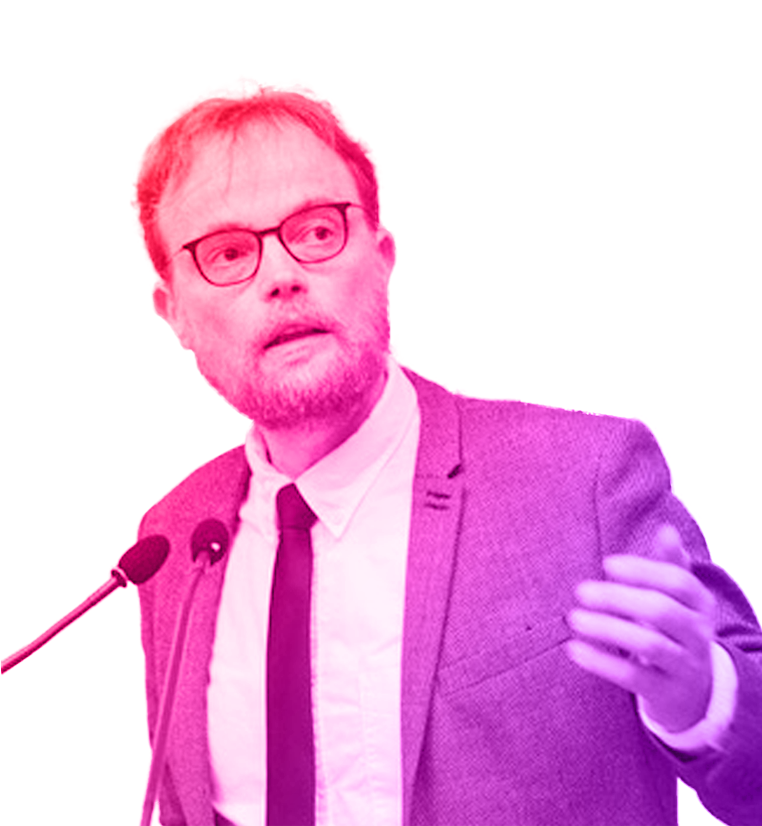
Marin Dacos
National open science policy at the Ministry of Higher Education, Research and Innovation in France
Marin Dacos is National Open Science coordinator in France, the main contributor to the two National open science plans in his country (2018 and 2021), with a budget of 15M€/year. He has created OpenEdition in 1999, now a major european open science infrastructure dedicated to open access publishing in humanities and social sciences (100 million visits, 500+ journals, 10 000+ books, 4000+ academic blogs). He received the prestigious Innovation medal from the CNRS (Centre national de la recherche scientifique). He is a contributor of the Digital humanities Manifesto and the Jussieu call for open science and bibliodiversity. He has written two books and dozens of articles about digital publishing, digital humanities and open science. After working for the CNRS until 2017, he is now in charge of the national open science policy at the Ministry of Higher Education, Research and Innovation in France.
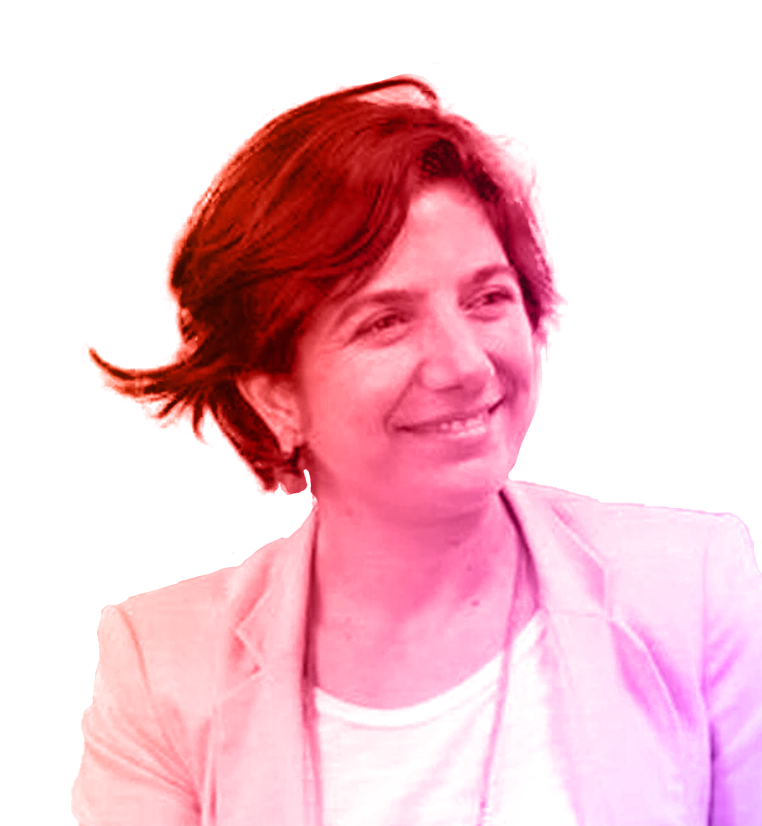
Aisen Etchevery
National Director of National Agency for. Research and Development, Chile
Aisén Etcheverry Escudero is a lawyer from the University of Chile and Masters of Laws from the University of San Francisco School of Law. She has been a visiting professor at the American University and at the Intellectual Property Diploma Program of the Pontificia Universidad Católica de Chile. In the private sector, she has worked in international companies, such as Oracle or Amazon, formulating and implementing strategies for linking platforms such as AWS, with the governments of the Southern Cone, including investment projects, sectorial regulation, human capital and R&D development.
In the last 15 years she has been legislative advisor (Ministry of Economy) in promoting institutional modernization processes, in areas such as intellectual property, electronic commerce and protection of personal data. She has led processes of reformulation of programs to promote science, and the creation of technology centers aimed at linking academia and industry, for the development of science-based innovation.
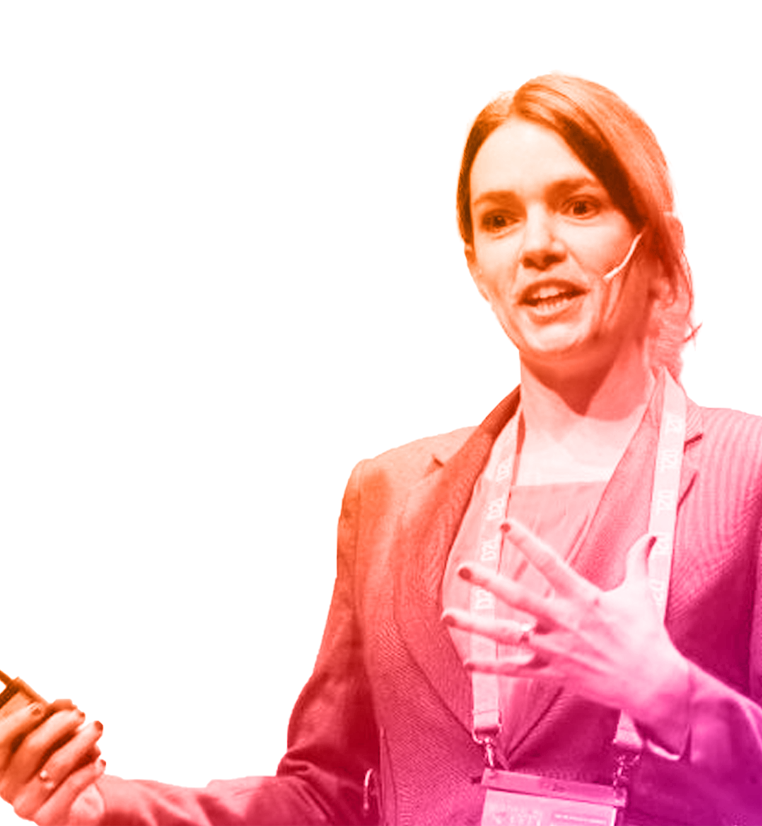
Erin McKiernan
Community Manager, Open Research Funders Group (ORFG)
Erin McKiernan is the Community Manager for the Open Funders Research Group (ORFG). In this role she works with existing and prospective ORFG members to better understand the tools and resources needed to develop, launch, and oversee open policies. Erin also helps develop ORFG programming, including analyzing existing funder policies to determine best practices, cohort clustering, and opportunities for information-sharing. She also engages with targeted funders to understand hurdles to policy adoption and appropriate tools to address these issues. Erin is a neuroscientist who has been a professor in the Department of Physics, Biomedical Physics Program at the National Autonomous University of Mexico in Mexico City since 2015. Prior to that position, she was postdoc researcher at Wilfrid Laurier University in Canada. She has a B.A. in psychology, and both a M.S. and Ph.D. in physiological sciences all from the University of Arizona.
Continue reading
